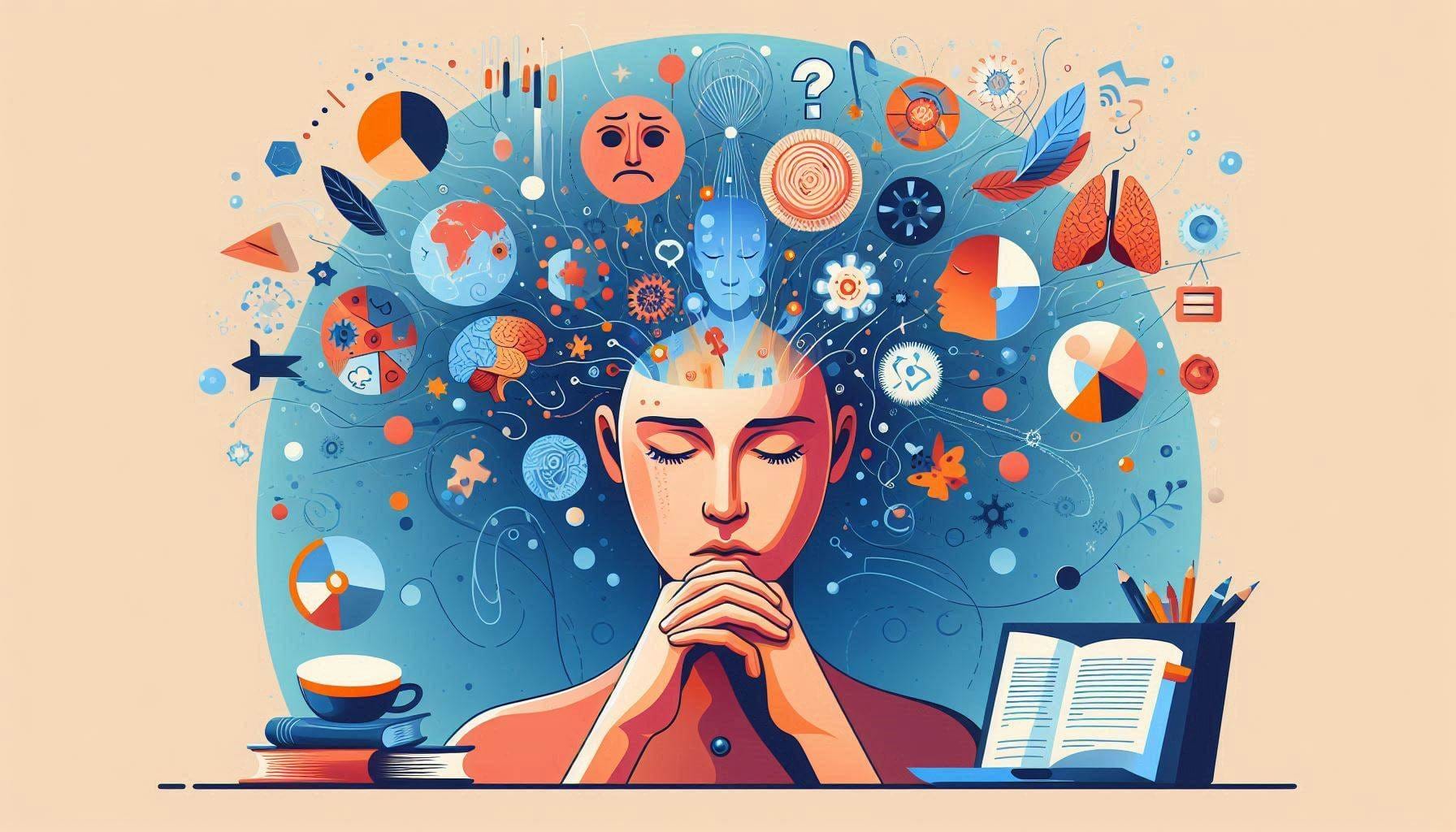
Emotional exhaustion is a form of chronic stress that leads to feelings of being overwhelmed, drained, and unable to cope. During the COVID-19 pandemic, many healthcare professionals reported severe emotional exhaustion as a result of long hours, emotional strain, and exposure to trauma, leading to widespread burnout. In this post, we will explore what emotional exhaustion is, its symptoms, potential causes, and how to overcome it.
What Is Emotional Exhaustion
Emotional exhaustion is a state of extreme mental and emotional fatigue that results from prolonged exposure to stress. In research, emotional exhaustion is often linked to burnout, a term coined by psychologist Herbert Freudenberger in the 1970s. Studies have shown that emotional exhaustion can lead to long-term mental health problems like depression and anxiety if left unchecked.
The symptoms of emotional exhaustion can manifest in a variety of ways, affecting both emotional well-being and physical health. Examples include:
- Physical symptoms: Sleep disturbances, headaches, muscle tension, or stomach problems.
- Chronic fatigue: Feeling constantly tired, even after rest or sleep.
- Cynicism or detachment: A sense of emotional distance from work, relationships, or everyday life.
- Mood swings: Increased irritability, frustration, or emotional reactivity.
- Reduced productivity: Difficulty concentrating or making decisions, leading to poor performance.
- Feelings of helplessness: A sense that nothing you do can improve the situation, leading to a lack of motivation.
How to Overcome Emotional Exhaustion?
Before we can handle emotional exhaustion, we need to first understand common factors that contribute to it:
- Workplace Stress: Long hours, high-pressure tasks, lack of support, and unrealistic expectations can lead to burnout.
- Personal Relationships: Continuous emotional demands from family or friends, especially in caregiving roles, can deplete mental energy.
- Chronic Stress or Trauma: Long-term exposure to stressors, whether work-related or personal, can erode emotional well-being over time.
- Lack of Work-Life Balance: Struggling to balance personal needs with professional demands often leads to feelings of exhaustion.
- Societal Expectations: The pressure to meet societal or self-imposed standards can exacerbate emotional strain.
When to Consider Coaching
Coaching is a valuable tool when emotional exhaustion stems from stress, work-life imbalance, or lack of personal direction. The experience typically starts with goal-setting, where the coach helps you identify specific areas contributing to emotional exhaustion, such as workplace stress or personal boundaries. From there, the coach will work with you to develop coping strategies, whether that’s through time management, stress-reduction techniques, or reframing negative thinking patterns. Over the course of several sessions, a coach will offer guidance, accountability, and emotional support to help you regain a sense of control and balance. If you are looking for someone to help you set boundaries, redefine your priorities, or build a sustainable work-life balance, a coach can be an excellent choice.
When to Turn To Therapists
If emotional exhaustion has reached a point where you are experiencing depression, anxiety, or trauma-related symptoms, therapy is a better option. Therapists would start with an assessment of your emotional state, where they explore your history, symptoms, and current emotional triggers. From there, therapists use various therapeutic techniques such as Cognitive Behavioral Therapy (CBT), mindfulness-based therapies, or talk therapy to help you process emotions, change negative thought patterns, and build healthier coping strategies. If you find that your emotional exhaustion is accompanied by mental health struggles like depression or trauma, a therapist’s expertise is crucial for addressing underlying psychological issues.
davoci: The Accessible & Flexible Coaching Alternative
davoci is a personalized, AI-powered wellness app designed to help corporate professionals manage stress, build resilience, and track their mental well-being. Users start by selecting from curated topics like stress relief, career guidance, and work-life balance. They then engage in dynamic conversations with an AI coach, who guides them through a self-discovery journey using proven frameworks like CBT. At the end of each session, the AI coach provides personalized insights and actionable steps. Compared to traditional coaching, davoci provides a more on-demand experience in a cost-effective manner.
davoci goes beyond emotional support— it also offers mental wellness tracking, helping users quantify and monitor their well-being over time. By analyzing trends in stress, mood, and resilience, davoci can detect early signs of emotional exhaustion or burnout, providing proactive reminders to take action before things escalate. Additionally, davoci doubles as a career coach, offering tailored guidance and insights from a curated collection of popular books to help professionals find purpose, overcome career blockers, and boost productivity.
If you’re dealing with mild to moderate emotional exhaustion and need a flexible, on-the-go solution, davoci is the perfect fit. Designed for busy corporate professionals, it provides an affordable way to track your emotional health and receive proactive, personalized guidance. Whether you’re managing stress, building resilience, or improving productivity, davoci offers the tools you need to stay on top of your mental wellness while keeping pace with your busy schedule.